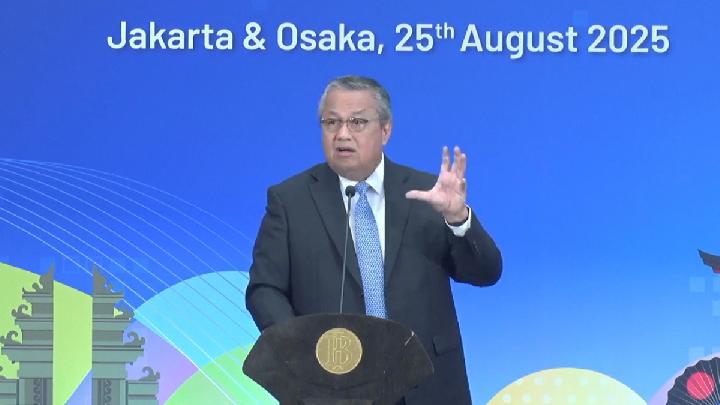September 13, 2025 | 03:07 pm
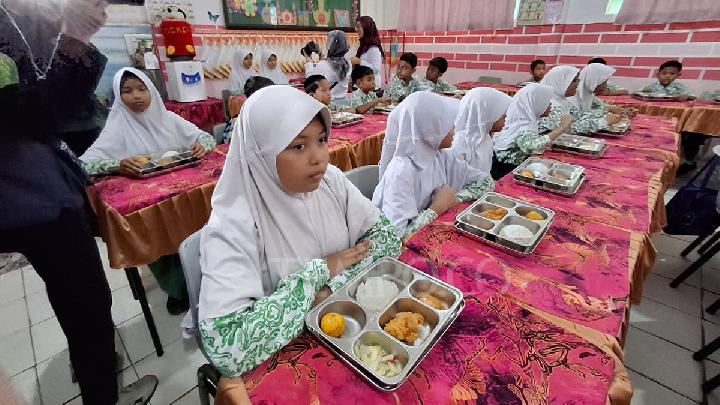
By Denny Hariadi Simanjuntak
Indonesia marked 80 years since its independence, a milestone worth reflecting on as the nation looks ahead to Indonesia Emas 2045, its centennial vision of prosperity. Programs like Makan Bergizi Gratis (MBG) are not just social policies, but foundational investments to ensure that promise is built on a healthy and capable generation.
History shows, however, that national programs rarely collapse overnight. They erode quietly, through small but repeated cracks of credibility: food arriving late, menus cut short, or students falling ill. MBG, launched to deliver nutritious meals to millions of schoolchildren, carries exactly this risk. The idea is powerful, invest in children’s health today to build a stronger workforce tomorrow. But like any large-scale initiative, MBG is not only about good intentions; it is about system design.
Already, early cracks are visible. In Sukoharjo, Central Java, more than 40 students fell ill after eating marinated chicken supplied through the program. In eastern provinces such as Maluku or Kalimantan, distribution delays often mean food arrives spoiled or late. Infrastructure gaps, from refrigeration to monitoring, quietly erode trust in a program meant to build confidence.
Beyond Free Meals: Thinking in Systems
Traditional thinking says more meals equal less hunger and stronger kids. Systems thinking asks harder questions. What happens when subsidies create dependency? And how long before today’s investments in child nutrition translate into national strength and productivity? And many more systems thinking questions that can reshape how MBG is designed and governed.
Placing MBG within the long arc toward Indonesia Emas reframes the challenge. It is not only about feeding children in 2025, but about whether Indonesia will arrive at 2045 with a workforce that is productive and competitive.
By mapping stocks, flows, feedback loops, and delays, policymakers can see that MBG is not a simple linear program. It is a complex system with hidden traps. Constant subsidies may reinforce reliance, while procurement bottlenecks may undermine local farming potential. Without early detection, these weaknesses accumulate silently.
Four leverage points to build resilience: National Commitment
Measure what matters. Data collection must be a non-negotiable part of every supplier contract. Schools should log not only meals delivered but also quality, timeliness, and incidents. Monthly public updates at the district level would create accountability and allow rapid course correction. Without this kind of real-time visibility, the government risks flying blind in a program that must prove its credibility daily.
Source locally when possible. Linking MBG to local farmers reduces logistics risk, shortens supply chains, and strengthens rural economies. It also ensures that the program builds capabilities rather than dependencies. Each local harvest integrated into MBG is a vote of confidence in Indonesia’s own food sovereignty.
Invest in transparency. Public dashboards can make failures visible early. If a district consistently misses delivery targets, this should be known not in an annual report but within weeks. Transparency is a form of resilience. It signals to citizens that the government is not hiding cracks but working to repair them.
Expect unintended consequences. Large programs always create side effects. If food procurement inflates local prices, households outside MBG may face higher costs. Policymakers need mechanisms to detect and respond to these effects before they worsen inequality. Pretending side effects do not exist is the fastest way to erode trust.
A long-term lens
The real test of MBG will be whether, by 2045, it delivers a generation that is not only healthier but also more competitive. That lag makes it tempting to focus only on short-term delivery numbers. But the long-term strength of the program depends on how well it can withstand small failures today.
By embedding resilience now, MBG can stand as a flagship policy that carries Indonesia from its 80th year of independence toward the centennial milestone. Built on measurement, transparency, local sourcing, and adaptability, MBG would be more than a feeding program. It would be a national investment in both human capital and institutional credibility.
When Indonesia celebrates its centennial, its workforce will not remember the slogans. They will remember whether the food arrived safely and consistently, and whether the system delivering it earned their trust. That memory, whether of confidence or disappointment, will shape how the next generation views the state itself.
MBG could show that national programs succeed not only by scale but by resilience, rooted in systems thinking. Designed with resilience at its core, it could stand as a model for how Indonesia builds national programs with integrity, adaptability, and the capacity to endure. If resilience becomes the true benchmark of success, MBG may be remembered not merely as a feeding program but as a quiet cornerstone of Indonesia Emas 2045.
*) DISCLAIMER
Articles published in the “Your Views & Stories” section of en.tempo.co website are personal opinions written by third parties, and cannot be related or attributed to en.tempo.co’s official stance.
Indonesia's Rp200tn Fund Transfer to State Banks Yields 4% Interest
47 menit lalu
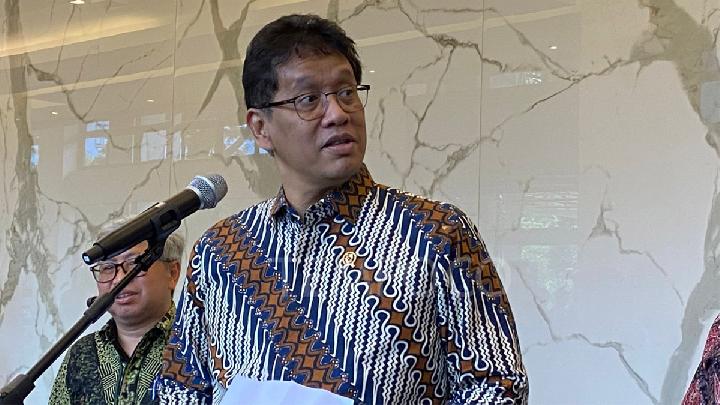
The Finance Minister is optimistic that the recipient banks will use these government funds to provide credit.
M7.4 Earthquake Hits Near Russia's East Coast; No Tsunami Threat for Indonesia
4 jam lalu
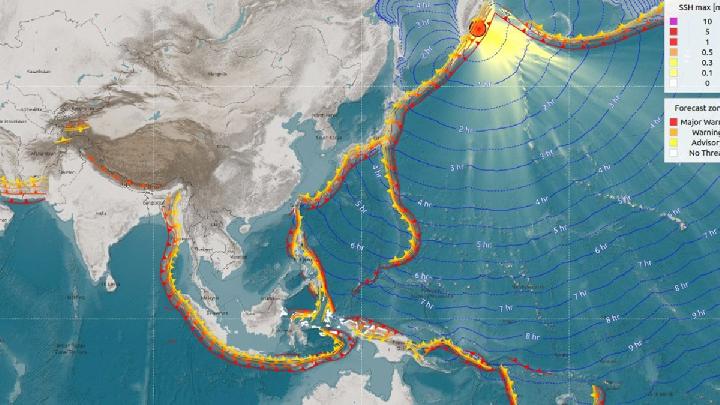
BMKG reported a tectonic earthquake with a magnitude of 7.4 that shook the eastern coast of Kamchatka, Russia, on Saturday, September 13, 202
Today's Top 3 News: Did Indonesia's Shrimp Radioactive Contamination Come from a Neighboring Factory?
18 jam lalu

Here is the list of the top 3 news on Tempo English today.
Indonesia to Process iPhone 17 Import Permits Immediately if Criteria Fulfilled
20 jam lalu

Ministry of Trade reveals that the requirements for import approval apply not only to Apple, but also to all imported commodities.
Foreign Ministry Repatriates 18 Indonesians from Nepal, Confirms 134 Safe
21 jam lalu
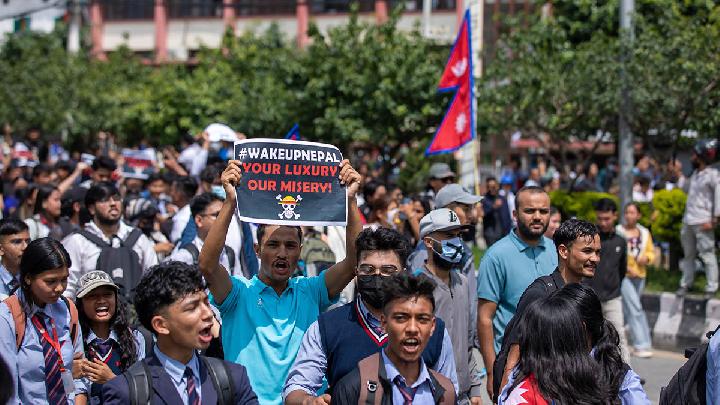
The Foreign Affairs Ministry ensures the safety of 134 Indonesian citizens in Nepal after protests broke out in the country.
Will Protests Rise Again in Indonesia After Nepal?
22 jam lalu
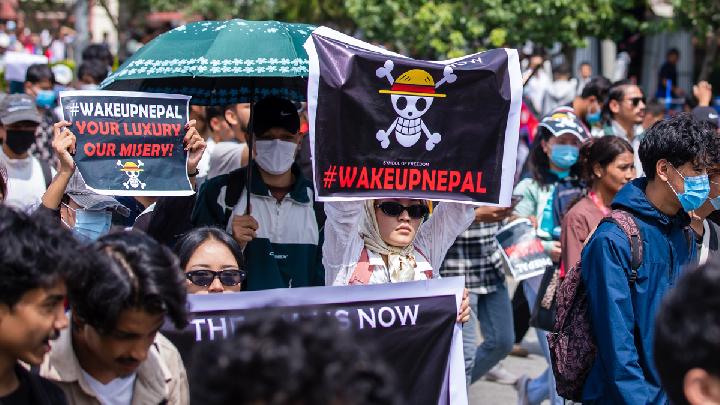
Nepal is facing a political crisis as massive protests led by Generation Z forced Prime Minister K.P. Sharma Oli to resign.
Indonesia's Prabowo to Address Palestine, Qatar Issues During UNGA Debut
22 jam lalu
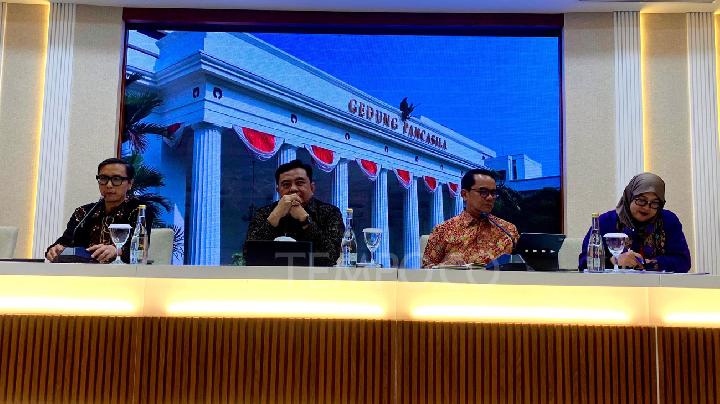
The President of Indonesia, Prabowo Subianto, is scheduled to deliver his speech at the 80th session of the United Nations General Assembly in New York, United States, on September 23, 2025.
Indonesia's FIFA Ranking Down to 119 After Goalless Draw with Lebanon
1 hari lalu

The Indonesian national team only gained a total of 3.43 points from two FIFA Matchday games against Taiwan and Lebanon.
Indonesia Crowned CFA International Men's Futsal 2025 Champions
1 hari lalu

Indonesia clinched the championship title at the CFA International Men's Futsal Tournament 2025 after a 4-2 victory over Denmark in the final match.
Did Indonesia's Shrimp Radioactive Contamination Come from a Neighboring Factory?
1 hari lalu

The FDA added BMS to its import alert list for chemical contamination, temporarily banning the Indonesian exporter from selling its shrimp in the U.S.


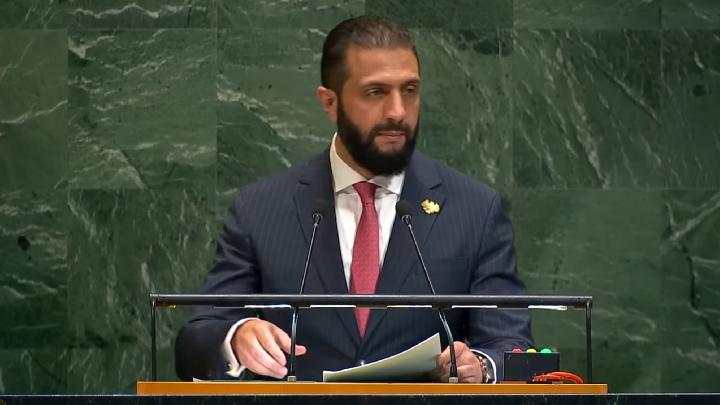

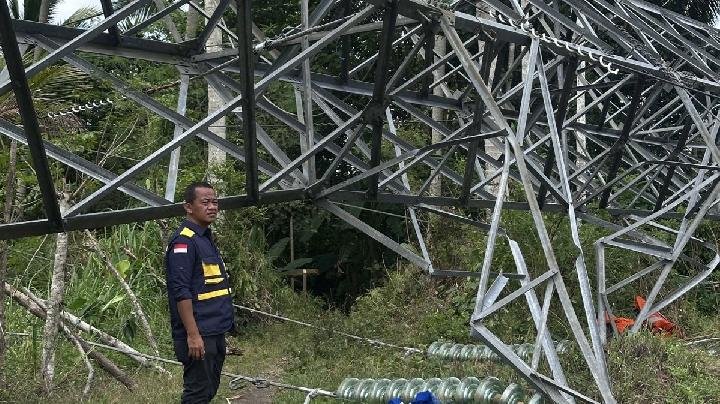
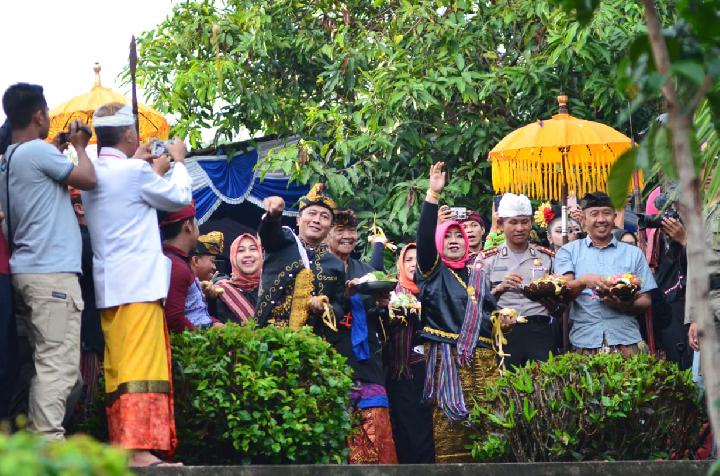

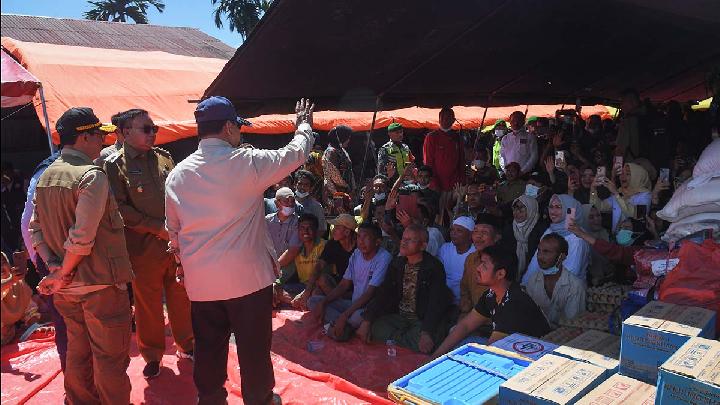

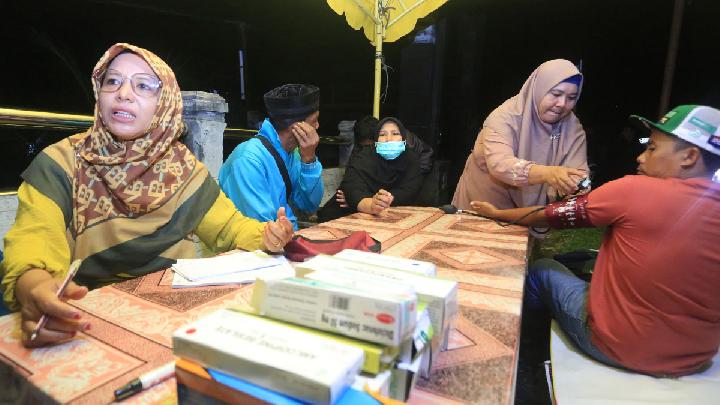







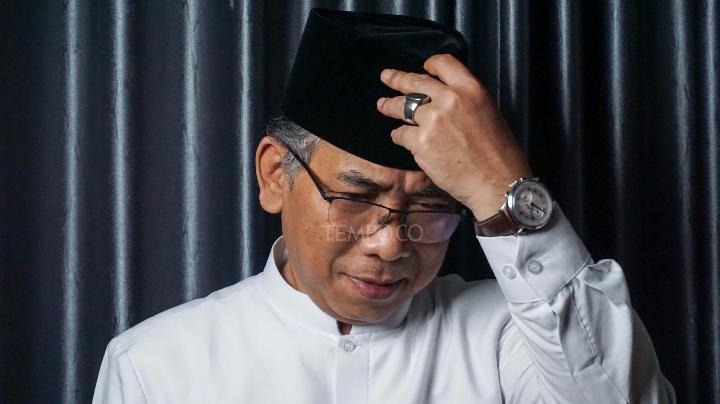
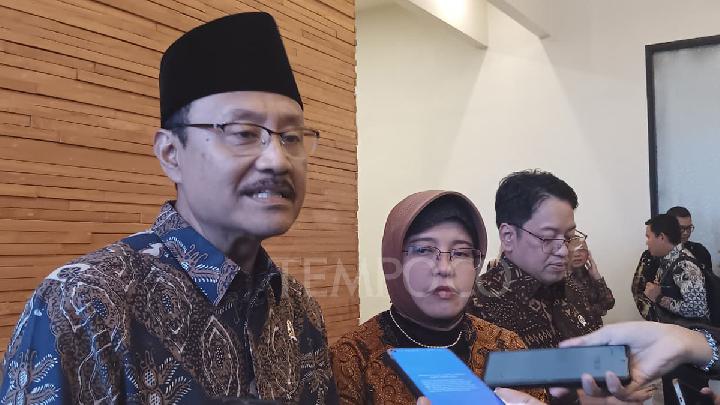
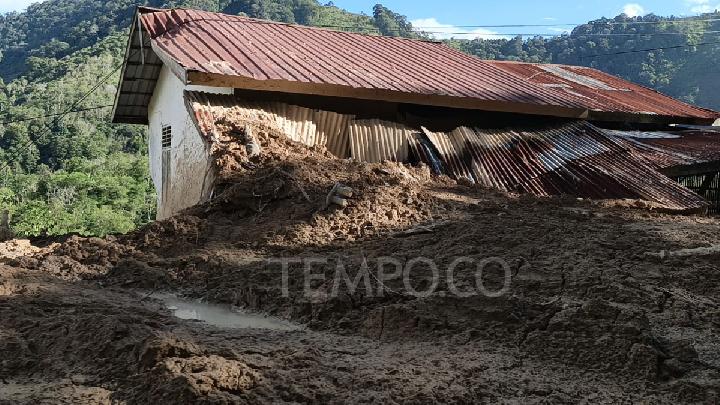

















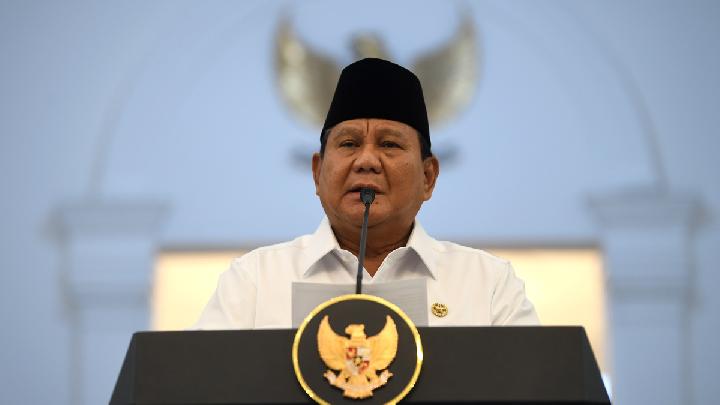
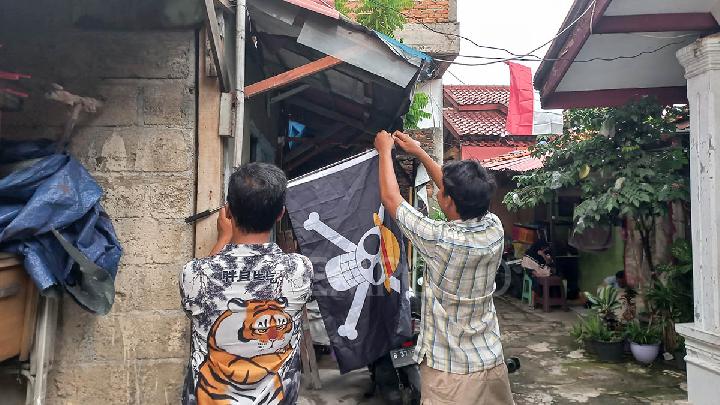

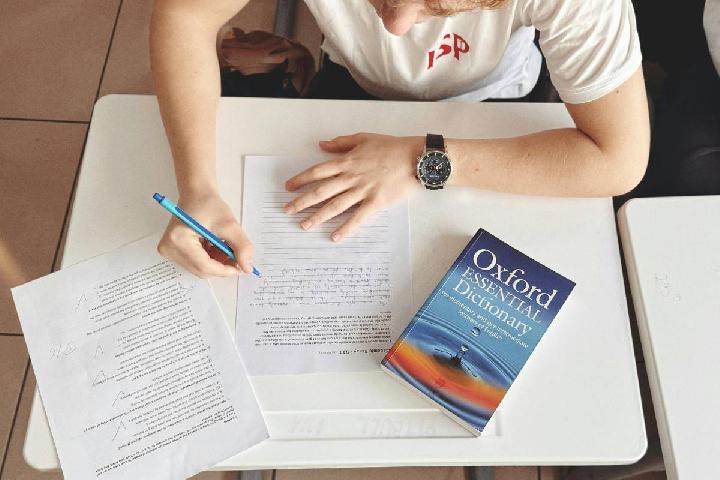


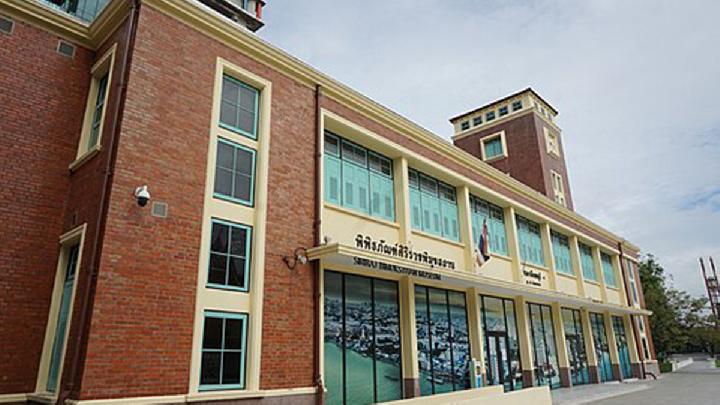
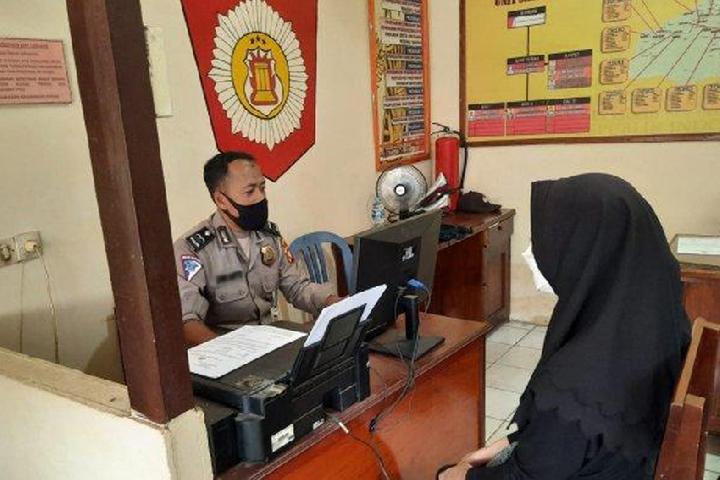



:strip_icc():format(jpeg)/kly-media-production/medias/5243277/original/092151900_1749100247-front-view-cute-little-boy-listening-music.jpg)
